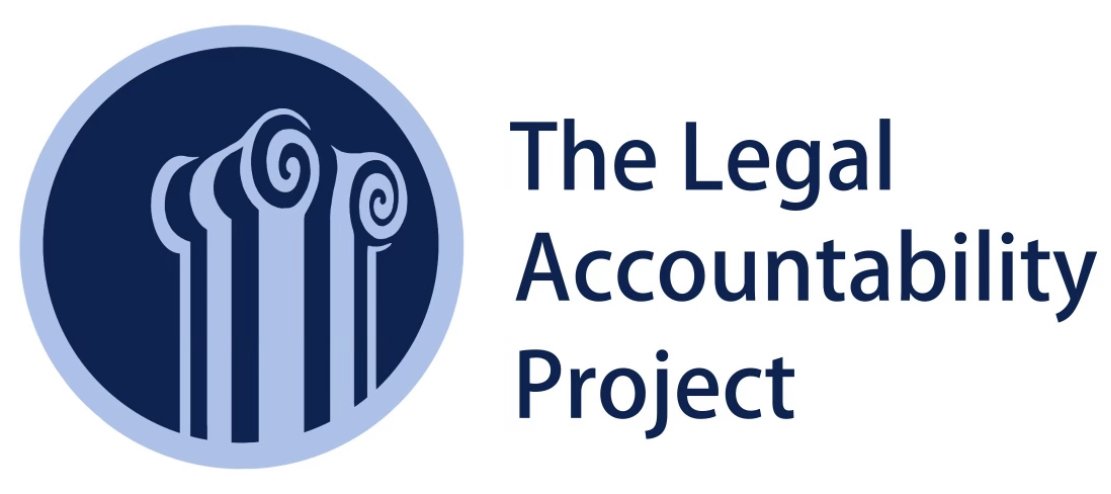Judging The Judges: New Database Lets Law Clerks Speak Out
Considering the outsized influence of a judicial clerkship on a new attorney’s future career success and the enormous premium the legal community places on clerkships, we owe it to the next generation of attorneys to ensure transparency, accountability, and safe workplaces.
LAP’s President and Founder Aliza Shatzman and LAP board member Judge Douglas Nazarian spoke with Reuters about LAP’s legal technology solution to correct the lack of transparency in the clerkship application process. LAP's Centralized Clerkships Database democratizes information about judges, making access to information broader, more equitable–and yes, more candid.
We do not have a culture of false allegations against judges. We have a culture of silence, fear, and gross under-reporting of mistreatment, because some in the legal community deify judges. Anyone who understands the judge/clerk dynamics of a small, isolated, hierarchical judicial chambers, including the enormous power disparity that makes it incredibly difficult to speak out about mistreatment, can understand why LAP’s Database is urgently necessary.
LAP’s Database originated from what some law schools do (on a smaller scale) already: internal databases where alumni can submit post-clerkship surveys about their experiences (in some cases, anonymously). The Database corrects several issues with law schools’ existing resources. First, they silo off information about judges to a handful of well-resourced schools. Second, when former clerks cannot share their experiences anonymously, clerks fear reputational harm in the legal community or retaliation by the judges who mistreated them for writing anything negative about a judge, precluding them from sharing candid information with clerkship applicants who need it. Furthermore, as Aliza’s experience with her law school alma mater illustrates, some schools are unwilling to conduct a post-clerkship survey, meaning their students lack access to information about judges.
LAP’s survey asks about workplace treatment, chambers culture, hours, tasks, feedback provided, and other areas that benefit everyone, including judges. Clerks register with their full name, email, law school, class year, and judge. LAP or law schools verify their identities.
LAP’s messaging resonates broadly - including among the overwhelming number of clerks who reach out to LAP - because students, clerks, attorneys, and judges understand that regardless of a law school’s ranking or resources, there is a uniform and troubling lack of transparent information about judges as managers and clerkship experiences. LAP corrects this injustice for the next generation of attorneys.


